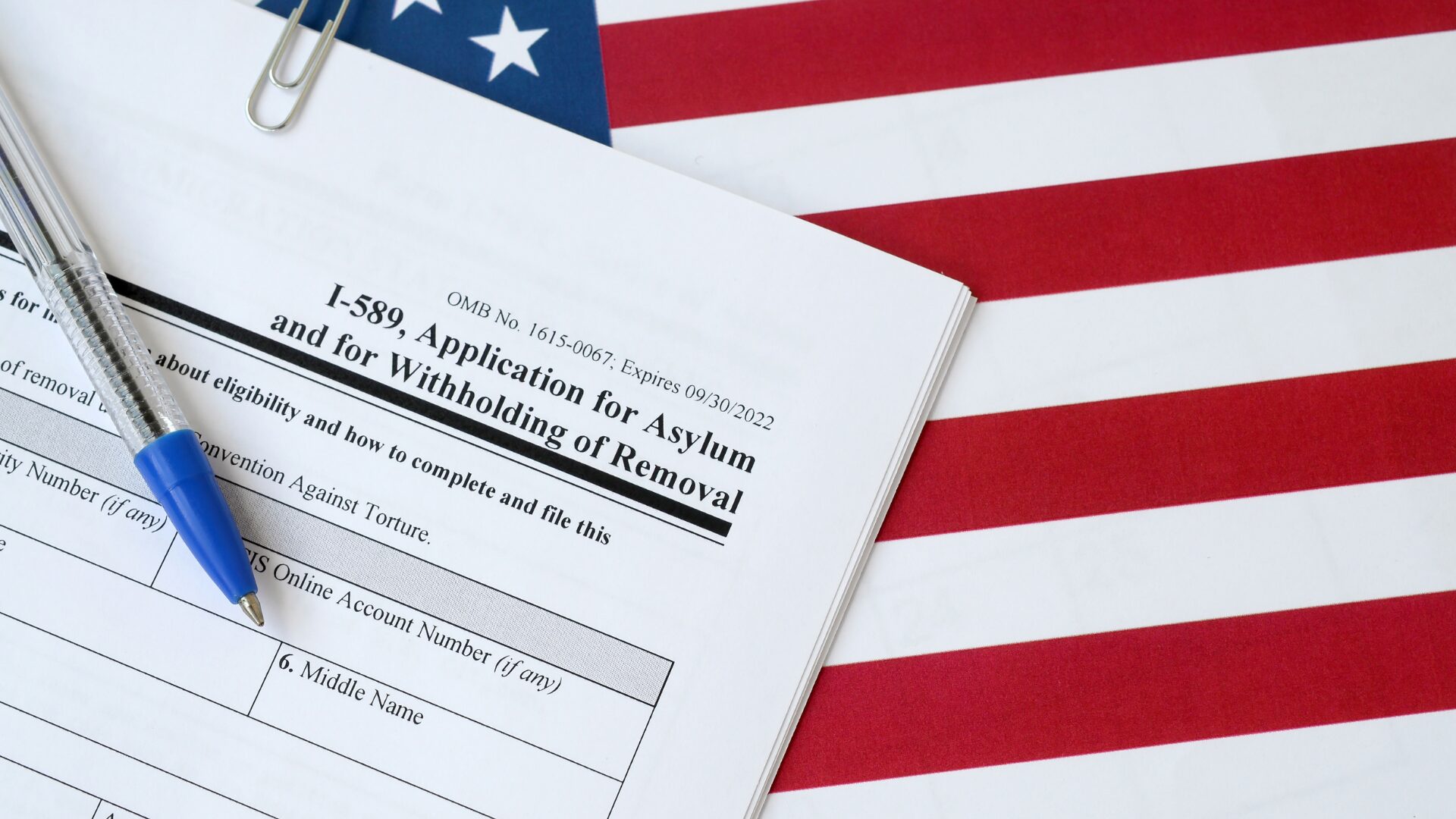Asylum is a fundamental right for those facing persecution in their home countries. Below, we explain the key aspects of who can apply, how the process works, and what it entails to seek protection in the United States.
Who can apply for asylum?
Asylum is reserved for individuals fleeing persecution due to their race, religion, nationality, political opinions, or membership in a particular social group. If you fear for your life or freedom in your home country due to any of these factors, you may qualify for this legal recourse.
It is important to remember that not all cases qualify. For example, general problems of insecurity or unfavorable economic situations are usually not sufficient grounds for obtaining asylum. This is a mechanism intended exclusively for those facing serious or direct risks.
Learn all about Navigating the Asylum Process With Rodriguez-Martin Immigration Law.
When and how to file an asylum application?
Time is crucial to file your asylum application. U.S. law stipulates that you must do so within one year of your arrival in the country, unless you can prove exceptional circumstances justifying a delay. This step involves filling out Form I-589, which has no fee.
You can submit this application while you are physically in the United States or at a port of entry. If you have been detained at the border, you must immediately state that you fear returning to your country of origin. This may lead to an initial “credible fear” interview where you will need to explain the reasons for your fear and provide evidence.
At Rodriguez-Martin Immigration Law we can help you, take a look at our services page.
What happens after I submit my application?
Applying for asylum is a complex process and can take time. The following steps are fundamental:
- Notification and initial interview. Once your application is submitted, you will receive an official notification from the USCIS (United States Citizenship and Immigration Services) Asylum Office. It details the date of your first interview to review your case.
- Preparation of evidence. Demonstrating that you qualify for asylum is crucial. You must submit documents, testimonies, photographs, or other evidence that support your story of persecution and the fears you express.
- Legal assistance. Although it is not mandatory, having a lawyer specializing in immigration law can make a difference in your case. A lawyer can help you organize your evidence and argue on your behalf before the authorities.
- Final decision. If the Asylum Office approves your application, you will be granted asylum, giving you full right to reside in the United States. If it is rejected, you can appeal to an immigration court, which reopens your case for further review.
We recommend reading Justice in Action: Appeals and Litigation for Immigration Cases.
Rights of asylum seekers
While your case is in progress, you have several rights, although with certain limitations. For example, you can remain in the United States until a final decision is made on your application. However, you cannot apply for a work permit until 150 days have passed since the filing of your initial application. Once this permit is approved, you can work legally.
The moment you are granted asylum, your situation changes significantly. You will have the right to work and reside legally in the country. In addition, you can process permanent residence after one year and request that certain members of your family also obtain protection through “asylum derivation.”
If you need assistance with your asylum application process, contact us.
Final recommendations
The path to obtaining asylum can be challenging, but help is available. There are organizations that offer free or low-cost support to people in vulnerable situations. Seeking reliable advice and documenting in detail all aspects of your case will be key to increasing your chances of success.
Be completely honest at all times, as any falsehood could compromise your application. With effort, preparation, and proper help, it is possible to take a step towards a safer and more stable life. Consult with expert lawyers if you have questions at any stage of the process.
If you found our article useful, share it with someone who may need it. And don’t forget to follow us on Facebook and Instagram and check all our services at rodriguezmartin.com.




